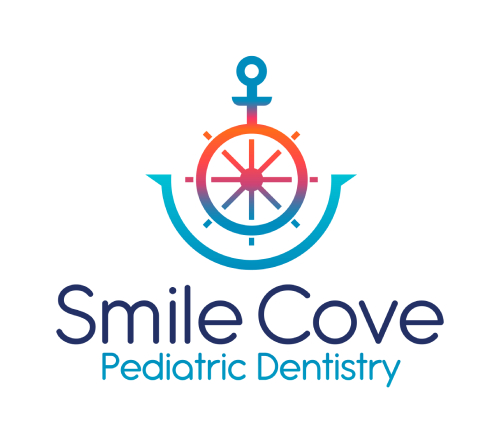When offering oral sedation, we adhere to all safety protocols to ensure your child’s comfort and well-being.
Have you ever felt nervous about undergoing a dental procedure, like a root canal, crown placement, or filling? If so, you’re certainly not alone. The Cleveland Clinic reports that more than a third of people feel some form of dental anxiety, and this number includes children. Kids often don’t know what to expect, and unfamiliar sounds and feelings result in further fear. In some cases, the fear can cause sudden movement, which makes it more challenging to perform the necessary treatment.

But many children need dental treatment, often early in life. It’s important to take steps to reduce any fear they may be experiencing while addressing dental and oral health concerns properly. Our team at Smile Cove Pediatric Dental can care for your children while reducing anxiety with various sedation options. One non-invasive option is oral sedation, which involves taking a mild sedative by mouth prior to the procedure.
When offering oral sedation, we adhere to all safety protocols to ensure your child’s comfort and well-being throughout the treatment and afterward. Our dentists will be able to treat problems without creating unnecessary fear. Additionally, your child may not even remember the procedure after the effects of the oral sedation medication have worn off.
If you would like to learn more about oral sedation and its advantages for pediatric dental work, don’t hesitate to reach out to our office. We’re conveniently located for families in and near Tampa, Florida, making our office the ideal place for children to get dental care.
